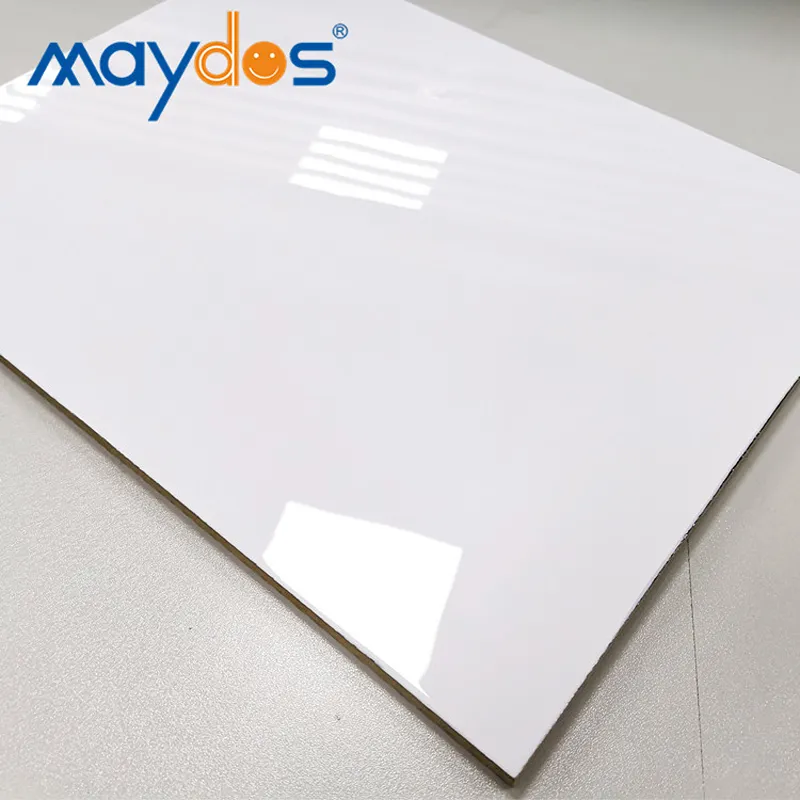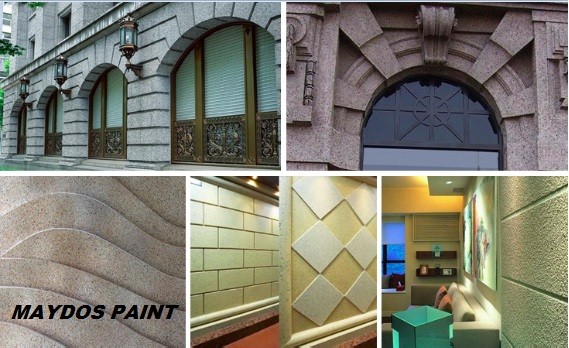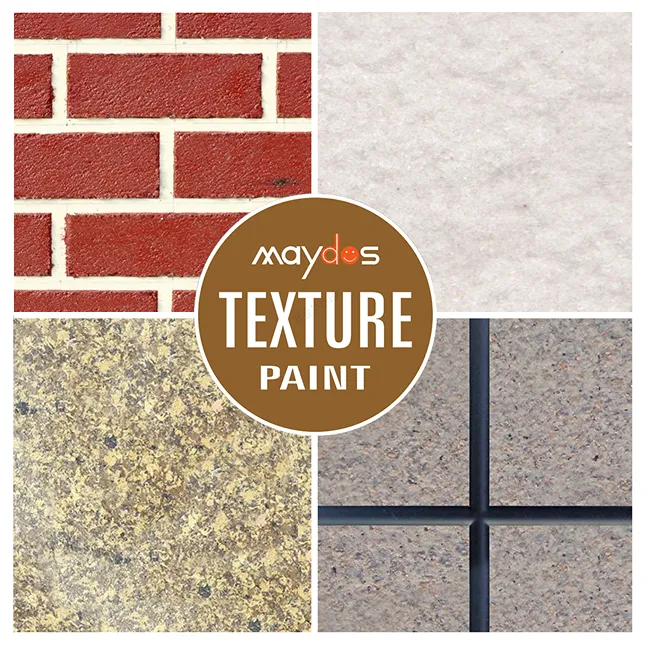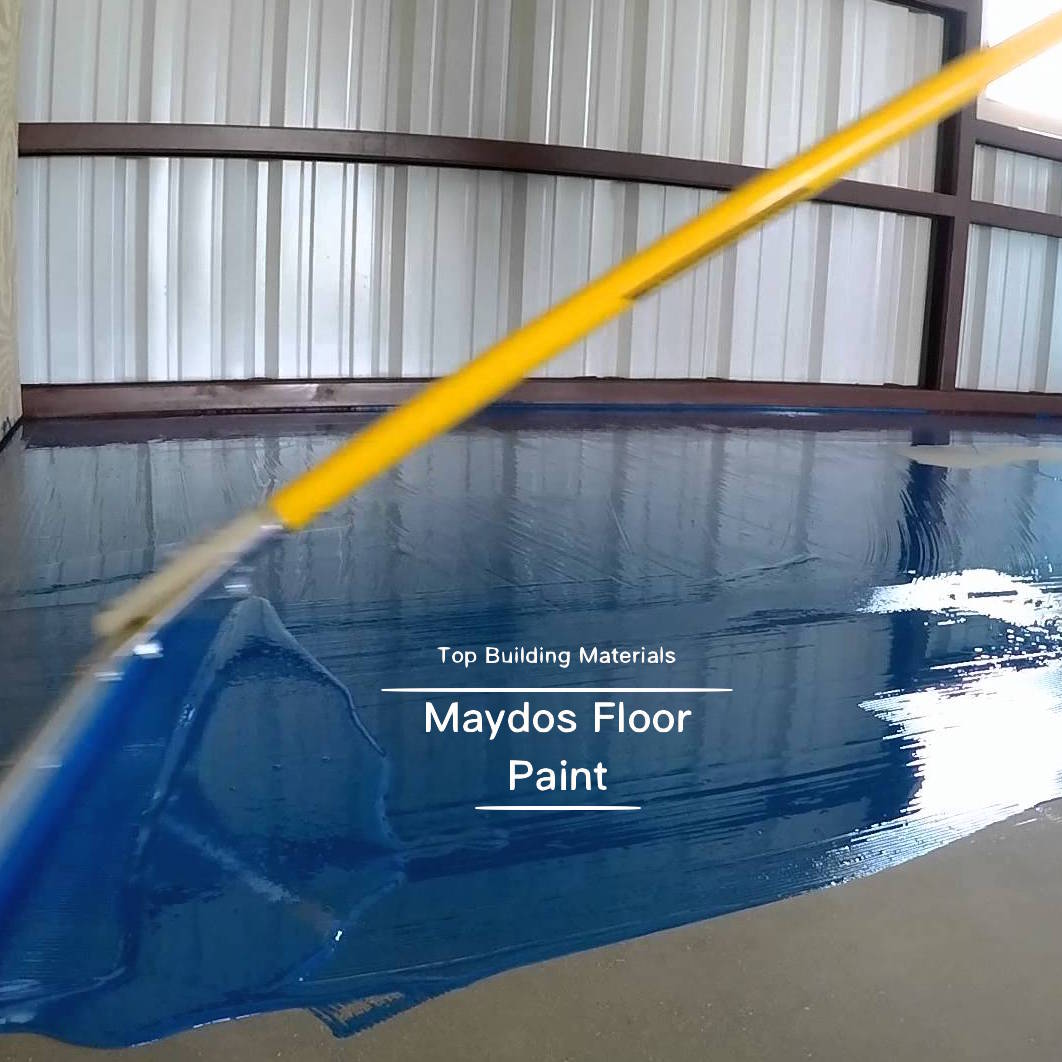Paint Factory
Paint factories manufacture coatings for a variety of uses. Industrial coatings protect the surface of a product, while decorative paints add beauty to it. The process of making paint involves a number of steps, including selecting raw materials and mixing them together to create the final product.
The first step in the process is to select raw materials for the paint, such as pigments, binders, and solvents. These are mixed to form the base of the paint.
Benjamin Moore
Benjamin Moore is a manufacturer of premium paints and stains. Its products are available through a network of more than 3,500 independently owned and operated local paint and hardware stores in North America. The company also sells paint through its website and a number of independent distribution centers. Its products are known for their excellent performance, a wide variety of colors and high quality finishes. The company is headquartered in Montvale, New Jersey.
The Benjamin Moore paint factory uses a wide range of equipment to produce its line of interior and exterior home painting products. Its manufacturing facility has a large outdoor testing area to replicate real-world weather conditions that the company’s paints must endure. The company’s paints are also tested in indoor labs to ensure that they have the durability and performance required for use in homes and commercial buildings.
Founded in 1883, the company has grown into one of the largest paint manufacturers in the world. The company employs over 17,000 people and operates more than 150 locations in the United States and Canada. The company’s history is a testament to its innovation and commitment to providing the best products possible.
In the mid-1980s, Benjamin Moore introduced a computerized system that helped its certified dealers sell more paint and other products. The system consisted of a spectrophotometer and a minicomputer loaded with color-matching software. It was a significant departure from the traditional sales techniques used by the company’s thousands of dealers. In addition to increasing paint sales, the program also reduced labor costs.
During the late 1980s, Benjamin Moore focused on environmental concerns, especially VOC levels. Its Technical Coatings subsidiary set up a new plant in 1992 to formulate and manufacture industrial coatings. This plant was designed to be a closed-loop system for both water-borne and alkyd trade sales paints, ensuring that no VOCs were released into the environment or sewers.
The company continues to focus on meeting environmental concerns, despite the downturn in the economy. More homeowners are investing money in their homes, which means that the demand for paint is on the rise.
PPG
Founded in 1888, PPG is the company behind the paint on your walls and the lenses in your eyeglasses. It is a global manufacturing company with more than 150 locations in the world and a variety of products. Its most prominent product is paint, but it also produces glass and fiberglass. The company is committed to improving the quality of life in communities around the globe by developing and delivering high-quality coatings, optical products, and specialty materials.
The company has a rich history of innovation, including the invention of titanium dioxide pigments in the 1930s, which greatly increased the opacity of light colors. It was also the first company to produce tinted insulated and reflective plate glass. In the 1970s, the last plate glass production line was replaced with a float glass production method that made the glass more energy efficient and attractive. It also diversified its consumer paint lines by introducing the Wallhide Microflo process, which created air pockets in the paint films that helped the color reflect more sunlight and dried more quickly.
In 1987, PPG expanded into the healthcare industry by acquiring companies that produced patient-monitoring systems, electrocardiogram instruments, and defibrillators. The company also developed a line of architectural finishes for glass and wood. In addition, it patented polyvinyl butyral and expanded its presence in the automobile market by purchasing a number of auto parts suppliers, such as Pittsburgh-Midland Adhesives and the Lucite paint brand.
Today, PPG is a global innovation leader in automotive and industrial coatings, glass and chemicals. Its industrial coatings division offers a full range of solutions for a wide variety of applications. These include corrosion protection, primers, base coats, clearcoats and sealants. In addition, the company offers a wide variety of glass products, such as automobile windshields and windows.
PPG’s glass business is a leading producer of automotive and building glass. Its manufacturing facilities are located in the United States, Canada, Mexico, China, and India. In addition, the company has sales offices in Europe, the Middle East, Africa, Latin America, and Asia. The company also provides glass and chemical products to customers worldwide through distributors.
Sherwin-Williams
The Sherwin-Williams Company produces paints and coatings. The company serves customers worldwide through its manufacturing and retail operations. It also sells a range of specialty products. In addition to its branded paints and stains, Sherwin-Williams offers industrial coatings for aerospace, power generation and automotive applications. The company is one of the largest paint and coatings manufacturers in the world. The company has three reportable segments: The Americas Group, the Consumer Brands Group and Global Industrial Coatings.
The company has many locations in the United States, as well as a network of more than 2,600 stores and 139 paint and hardware supply outlets. Its corporate headquarters are located in Cleveland, Ohio. The company operates several paint and equipment distribution centers across the country.
Sherwin-Williams’ Somerset County plant employs more than 210 workers, and the company is a major employer in the area. The plant has recently made a number of changes to increase production, including automating manual processes and increasing capacity for new brush brands. It has been named “Site of the Year” by Sherwin-Williams and one of the area’s Stars of Somerset by the county.
Founded in 1866, the Sherwin-Williams company is headquartered in Cleveland, Ohio. Its factories, retail outlets and distribution centers serve customers throughout the United States and around the world. The company is one of the world’s leading manufacturers of paint and coatings, selling a variety of brand-name products under the Sherwin-Williams, HGTV Home, Dutch Boy, Duron, Hemingway and Lewis Berger brands.
The Sherwin-Williams factory in Statesville, North Carolina, produces architectural paint and coatings for a wide variety of building materials. Its products include wall and ceiling paint, stains, wood finishes and clear coatings. The company’s high-performance coatings provide superior performance and durability. They are ideal for use on outdoor furniture, decks, cabinets, exterior siding and doors, and even cars. The company’s paints are available in a wide variety of colors and finishes to suit any style. In the long run, higher-quality paint can save money. A gallon of low-grade latex paint might last six years, while a high-quality version can offer 25 years of service.
Epoxy Oilserv
Epoxy Oilserv is a world-renowned manufacturer of top quality chemical products and paints. They produce epoxy resin chemicals, epoxy paints, lubricants/synthetics (Shell lubricant, Sinopec, Lubemax), welding consumables, power tools and industrial cleaning and maintenance chemicals. Their warehouses are fully stocked with first-rate products. They also offer excellent customer service and technical advice.
The company’s flagship product, Everest Trade HB, is a high-quality industrial floor paint that improves the look of factory floors while increasing their strength and durability. It is designed to be up to 5x thicker than other commercial epoxies and provides a premium gloss finish. It is also resistant to dilute acids, alkalis, and oils. The coating also has good tyre pluck properties and is ideal for areas with forklifts or work vehicles.
Besides enhancing the appearance of the floor, epoxy coatings can be used to prevent corrosion and other damage to metal surfaces. They can even be applied to the exterior of buildings, reducing maintenance costs. Epoxy coatings are available in a wide variety of colors and textures, so you can find the one that’s right for your project.
Epoxy paints are also used in electronics and electrical industry, where they act as an insulator. They can also be applied to fragile household items, like glass or ceramics. Moreover, these coatings have adhesive properties, which help repair damaged items quickly and efficiently. Moreover, they are also environmentally friendly and have low VOCs. This makes them a safer choice for households.





















